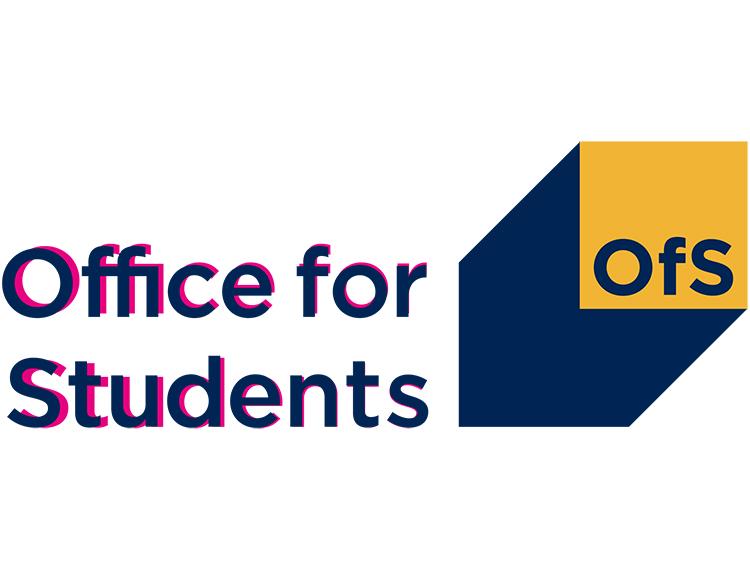Continuing rise in top degrees threatens to devalue university education

Universities have been issued a stark warning over the disproportionate rise in the number of top degrees being awarded.
The Office for Students has updated its analysis on degree classifications, and finds that 13.9 percentage points of first class degrees awarded are unexplained.
The upward trend in the proportion of first-class degrees awarded at English universities and other higher education providers continued in 2017-18, according to the latest data published by the Office for Students (OfS) today (11 Jul).
In May, Universities UK published a statement of intent, overwhelmingly supported by the sector, to commit to tackle the problem. They outlined a framework for action for the 2019/20 academic year to ensure transparency and fairness in the way they award degrees. This includes explaining how classifications are calculated, strengthening the external examiners system and publishing data on student degree outcomes.
The sector has agreed to recognise new standards for all classifications of bachelor’s honours degrees in England. These will act as an important reference point for providers to demonstrate that their students, employers and others can be confident that degree standards are being maintained.
Analysis shows 29.3% of students obtained a first-class honours degree in 2017-18, up from 15.7% in 2010-11. This compares to 27.2% in 2016/17 so there has been a further 2.1 percentage point increase in the latest year.
Of all UK higher education leavers in England, 79% now obtain an upper degree (first or 2:1) up from 67% in 2010-11. This compares to 77.9% in 2016/17 so there has been a further 1.1 percentage point increase in the latest year.
The figures – which now include those who graduated by summer last year – show that the proportion of first-class honours degrees awarded has increased from 16 per cent to 29 per cent between 2010-11 and 2017-18.
The OfS has used statistical modelling to account for factors including entrance qualifications and student characteristics which may influence attainment. When accounting for these factors, we find that 13.9 percentage points’ worth of first class degree attainment remains unexplained.
The data also shows that unexplained differences in degree outcomes are found throughout the higher education sector. In total, 94 per cent of the 148 universities and other higher education providers included in the analysis demonstrated a statistically significant unexplained increase in the proportion of first-class degrees awarded in 2017-18 compared to 2010-11.
The report updates data from a report issued in December 2018. Since that report, universities have collectively announced plans to act together to curb grade inflation via the work of the UK Standing Committee for Quality Assessment.
 Commenting on the report, Susan Lapworth, director of competition and registration at the Office for Students, said:
Commenting on the report, Susan Lapworth, director of competition and registration at the Office for Students, said:
Worries about grade inflation threaten to devalue a university education in the eyes of employers and potential students. So it is essential we regain and maintain public confidence in the reliability of degree classifications.
This data shows a further increase in both the rate of first-class degrees awarded, and the proportion of those awards. These increases cannot be fully explained by the factors we have taken into account in our analysis.
The performance shown in the new data pre-dates our call for the sector to take action on grade inflation, so we would not expect to see the impact of such actions in today’s report.
There are, though, positive signs that the higher education sector has begun to tackle this issue. We welcome the steps taken by the UK Standing Committee for Quality Assessment and the positive response from universities to a recent consultation on the steps universities should take to demonstrate that standards are secure. We recognise that change will take time, but it remains absolutely crucial that students, graduates and the general public can be assured that the value of a degree is maintained. That is why concerted, focused, and sector-wide action is so important.
Following today’s publication, the OfS will be contacting those universities and providers with the most significant unexplained increases in degree classifications. We will ask them to provide further information to help us understand how they account for these increases. In seeking this additional information we recognise that there are factors that could explain the increases – for example improvements in learning and teaching – that we have not been able to measure in our analysis.
Given the significant public scrutiny of degree standards we want to understand how universities have assured themselves that they have, and continue to, apply consistent standards. Doing so will help ensure that the degrees that students work so hard for continue to enjoy public confidence.
 Education Secretary Damian Hinds, who has previously called on institutions to ‘reset the norm’ over the proportion of firsts and 2:1s awarded, said:
Education Secretary Damian Hinds, who has previously called on institutions to ‘reset the norm’ over the proportion of firsts and 2:1s awarded, said:
What sets the UK’s world-leading universities apart is our relentless focus on quality and I am clear that this must be protected at all costs.
It cannot be right that some students are awarded higher grades for the same level of achievement than those from previous years. We owe it to the hard-working students and institutions who play by the rules to stamp out this unfair practice. Therefore, today’s figures are disappointing and risk compromising the public trust in the high standards of our universities.
The sector has committed to tackling grade inflation but now this needs to be followed by action. Increases in the numbers getting top degrees should only happen where there is actual underlying improvement. We need to see rapid action on this. I expect the OfS to challenge those providers where the data suggests there are unjustified and unexplained increases in attainment, and demand evidence of the actions they are taking to stop this.











Responses